Documentation Hub
Comprehensive technical manuals and guides to help you master HARSLE machines and optimize your metalworking efficiency
How to Best Use V Grooving Machines in Home Appliance Enclosure?
V Grooving Machines in Home Appliance Enclosure production play a vital role in creating durable and stylish appliance panels with unmatched precision and efficiency. That’s why so many manufacturers rely on these machines to deliver clean grooves, sharp edges, and flawless folding lines. In this article, I’ll guide you through the best practices for using them—from setup to maintenance—so you can achieve consistent quality and reduce production challenges.
Understanding V Grooving Machines in Home Appliance Enclosure Production
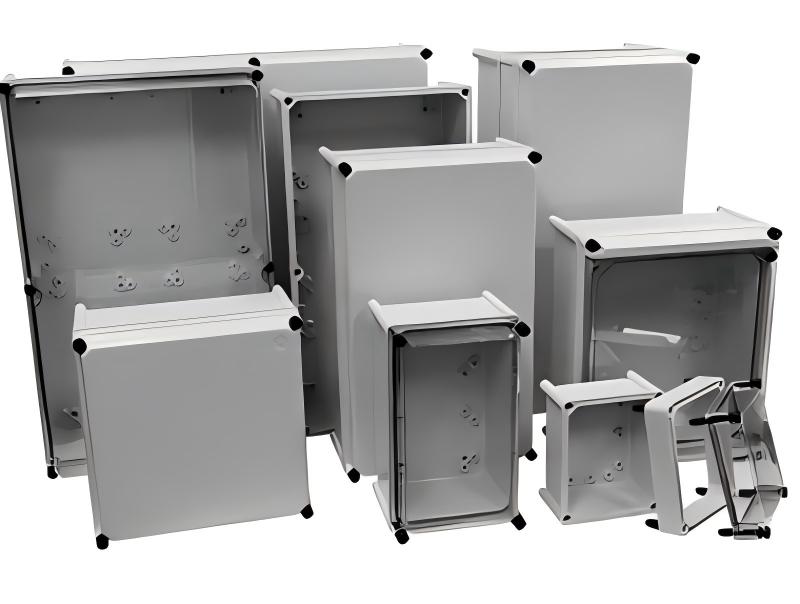
V grooving machines are designed to create precise grooves on sheet metal, which act as folding lines for crisp bends. In the context of home appliance enclosure manufacturing, this technology allows manufacturers to produce high-quality finishes for refrigerator panels, oven housings, washing machine covers, and other appliance shells.
How to Set Up V Grooving Machines for Home Appliance Enclosures
Step 1: Preparing the Work Area
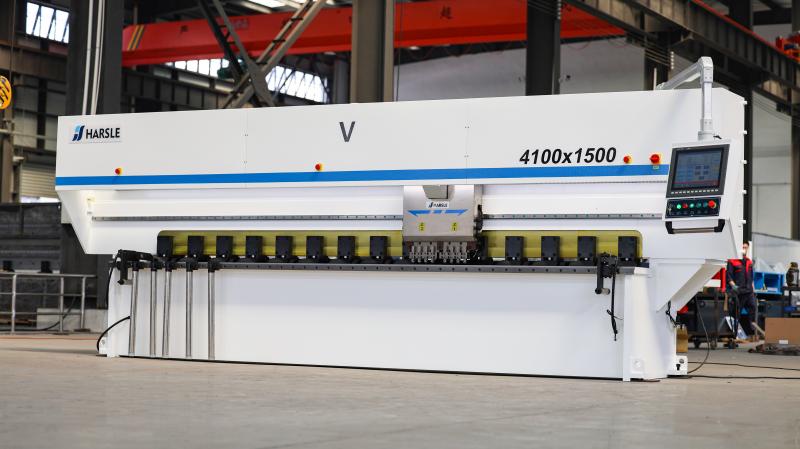
Before operating your machine, clear the workspace of debris and ensure the floor is level. A stable and clean environment prevents misalignment and damage to the appliance panels.
Step 2: Selecting the Right Cutting Parameters
Choose the appropriate cutting depth and blade angle based on the thickness of the metal sheet used in the appliance enclosure. Testing on sample pieces helps avoid mistakes during mass production.
Step 3: Calibrating the Blade Position
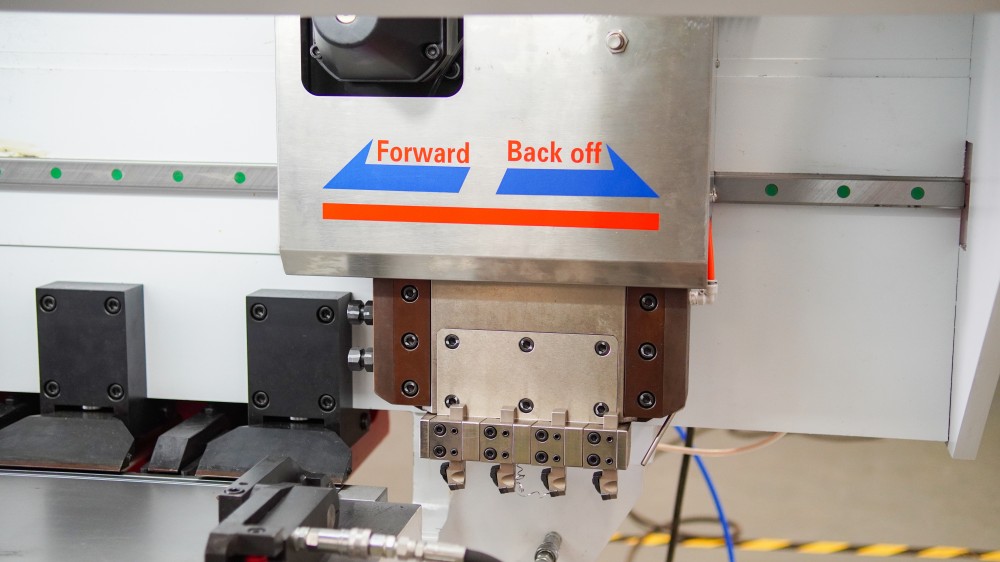
Calibrate the blade precisely along the groove line to ensure uniform depth and consistency across large panels. Use a digital gauge or alignment tool for higher accuracy.
Step 4: Securing the Workpiece
Clamp the appliance panel firmly in place to prevent shifting during operation. This step is critical for maintaining accuracy, especially on larger enclosures like refrigerators or washing machine panels.
Best Practices During Operation
Aligning the Workpiece
I align the sheet precisely with the guide marks on the machine to ensure grooves are straight and uniform. Even slight misalignment can create noticeable defects in appliance enclosures.
Controlling Feed Speed
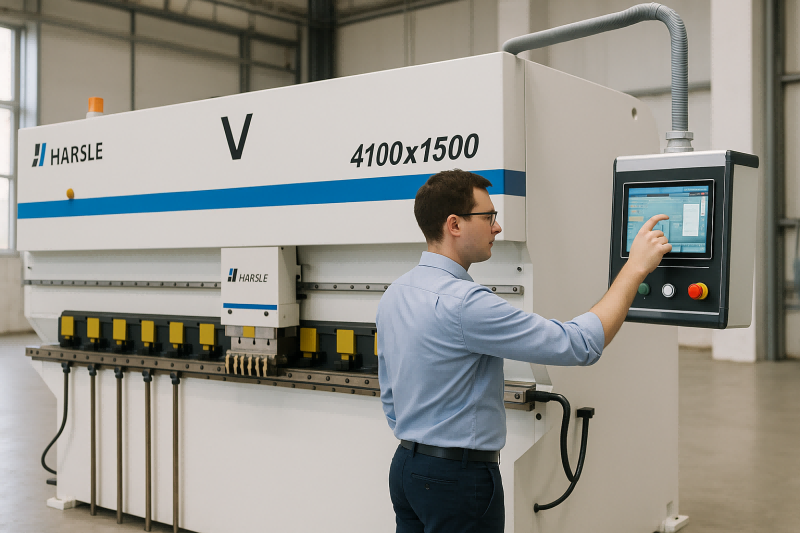
Maintaining a steady feed speed avoids rough edges. For thin stainless steel, I use a slower speed to minimize burrs, while thicker aluminum sheets allow for faster feeds without compromising quality.
Checking Groove Symmetry
After the first groove is cut, I double-check its position and depth against specifications. Consistency across multiple grooves ensures the final enclosure fits perfectly during assembly.
Maintenance Tips for V Grooving Machines
Routine Inspections
I inspect the blades, clamps, and motor drives regularly. Worn blades are a major cause of rough grooves and should be replaced immediately.
Lubrication and Cleaning
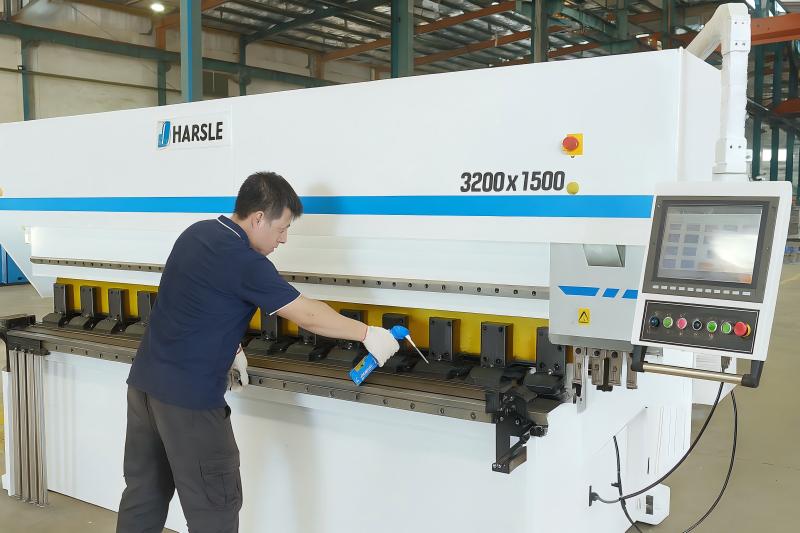
Cleaning out metal chips after each use prevents them from interfering with precision. Applying proper lubrication keeps moving parts running smoothly and reduces wear.
Preventive Maintenance Schedule
I recommend performing a full maintenance check every 500 hours of operation. This includes recalibrating sensors, checking electrical components, and ensuring the cutting mechanism is sharp and aligned.
Troubleshooting Common Issues
Uneven Groove Depth
If the grooves are inconsistent, recalibrate the blade and check the cutting parameters. Uneven floors or loose clamps can also cause this issue.
Surface Scratches on Panels
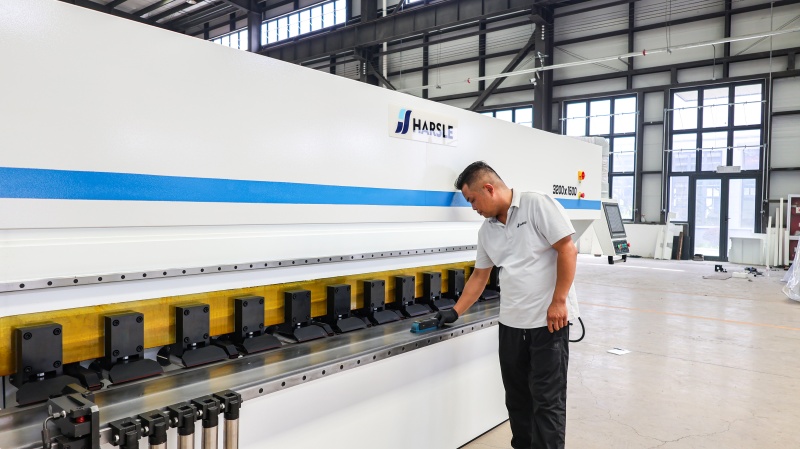
This often results from a dull blade or debris on the work surface. Replace or sharpen the blade and clean the workspace thoroughly.
Cracks After Folding
If panels crack along the fold line, the grooves may be too deep. Adjust the cutting depth to suit the material thickness.
FAQs
Why are V Grooving Machines in Home Appliance Enclosure production better than traditional bending?
They create predefined folding lines that deliver sharper edges, cleaner finishes, and higher consistency compared to standard bending techniques.
How often should I change the blades?
For continuous production, replacing or sharpening blades every 300–400 hours ensures clean cuts and prevents surface damage.
Can these machines handle large appliance panels?
Yes. V grooving machines can process large panels like refrigerator or oven enclosures, but proper clamping and support are essential to maintain precision.
What safety precautions should I follow?
Always wear protective gear, ensure panels are secured, and never adjust the machine while it’s running.
Conclusion
Using V Grooving Machines in Home Appliance Enclosure manufacturing correctly can dramatically improve product quality, reduce material waste, and increase production efficiency. By setting up the machine carefully, following best practices during operation, and performing routine maintenance, you’ll get the most out of your equipment and deliver high-end appliance enclosures consistently. For more guidance or to explore suitable machines for your production line, feel free to contact our team for expert support.













